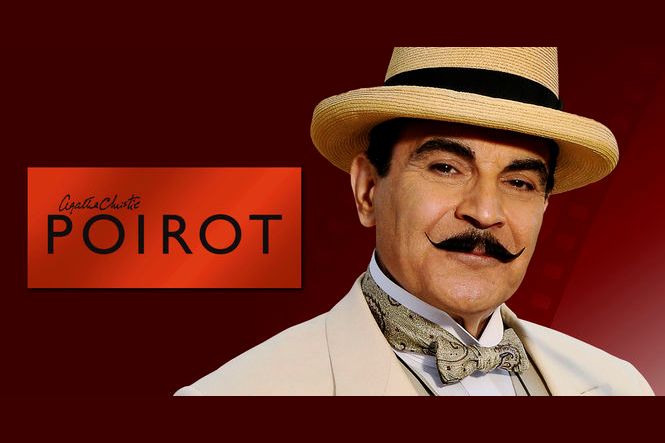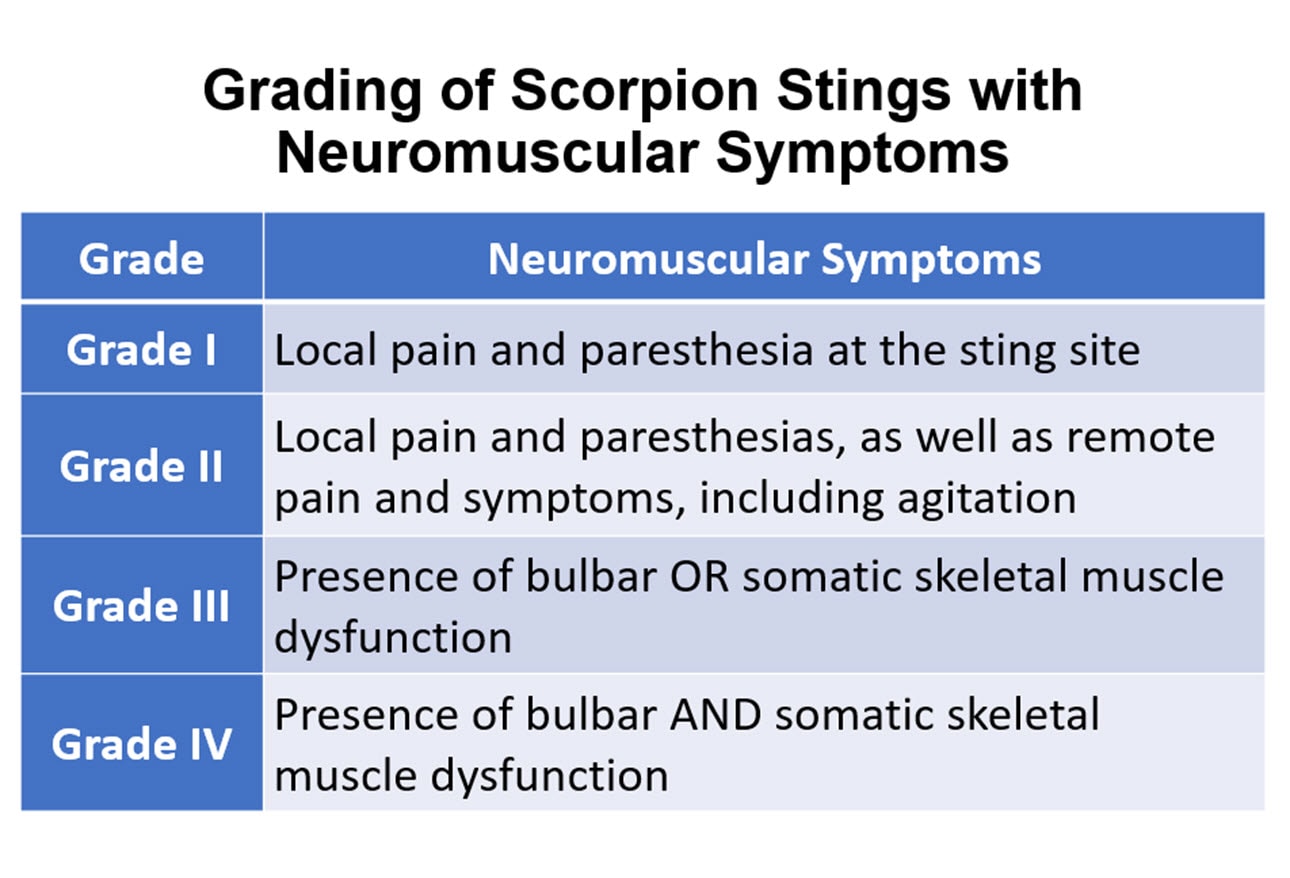The Psychology Of Agatha Christie's Poirot: A Character Study

Table of Contents
Poirot's Superiority Complex and Ego
Poirot's obsessive attention to detail and unwavering belief in his own intellectual superiority are defining characteristics. This ego, meticulously cultivated and fiercely guarded, permeates his interactions with everyone he encounters. His self-image is not merely inflated; it’s a carefully constructed persona, a shield perhaps, against deeper insecurities.
- Condescending Remarks and Dismissal: He frequently dismisses the opinions of others, often with a condescending air, believing his "little grey cells" to be far superior. His pronouncements are delivered with an air of absolute certainty, leaving little room for doubt or alternative perspectives.
- Meticulous Grooming and Self-Presentation: Poirot's famously neat mustache and impeccable attire are not merely stylistic choices; they are outward manifestations of his self-regard. His meticulous grooming reflects an internal need for order and control, reinforcing his sense of superiority.
- Ego Blindness: Occasionally, Poirot's inflated ego blinds him to alternative solutions or critical pieces of evidence, forcing him to reassess his conclusions and demonstrating that even the most brilliant minds can be susceptible to flaws.
The Trauma of War and its Influence on Poirot
World War I profoundly impacted Poirot's psyche, shaping his methods and worldview. The horrors he witnessed likely fueled his initial disillusionment with humanity, a cynicism that subtly underpins his approach to crime-solving. His subsequent dedication to order and logic might be interpreted as a coping mechanism, a way to impose structure on a world that had shown itself to be chaotic and unpredictable.
- From Disillusionment to Deduction: The war's brutality likely spurred Poirot to develop his exceptional detective skills as a means of combating the randomness of violence and injustice. His meticulous approach can be seen as a reaction against the chaos he experienced.
- Underlying Anxiety and Orderliness: The anxieties and obsessive tendencies inherent in his personality might be viewed as stemming from the trauma of war. His need for order and control – evident in his personal habits and investigative approach – serves as a shield against the unpredictable nature of human behavior.
- Methodical Approach: His highly methodical approach to investigation, often employing detailed timelines and meticulous organization of evidence, can be viewed as a direct consequence of his wartime experiences. The need for precision and control is a hallmark of his character.
Poirot's Methods: Logic, Observation, and Psychological Manipulation
Poirot's famous "little grey cells," his reliance on logic and deduction, are central to his success. He combines this intellectual prowess with exceptional powers of observation, noticing minute details that often escape others. But Poirot doesn't just rely on logic; he masterfully employs psychological manipulation and strategic deception to elicit confessions and uncover the truth.
- Reverse Psychology: He frequently utilizes reverse psychology, subtly guiding suspects toward self-incrimination. By planting seeds of doubt or subtly challenging their assumptions, Poirot unravels their carefully constructed facades.
- Planting False Leads: Poirot's skill lies not only in recognizing clues but also in manipulating suspects by deliberately creating false leads. These strategic deceptions force the guilty to reveal themselves through their reactions.
- Understanding Human Psychology: His success stems from a deep understanding of human psychology – recognizing the motivations, anxieties, and weaknesses that drive individuals to commit crimes. This insightful knowledge forms the bedrock of his investigative techniques.
Poirot's Humanity and Vulnerability
Despite his often-exaggerated ego, Poirot displays moments of genuine compassion and empathy, revealing a surprising depth to his character. Beneath the polished exterior lies a capacity for self-doubt and vulnerability, defying the simplistic notion of him as a purely self-absorbed individual.
- Compassion for Victims: Despite his detached demeanor, Poirot shows genuine concern for the victims and their families, demonstrating a hidden wellspring of empathy that contradicts his outwardly arrogant persona.
- Self-Criticism and Remorse: On occasion, Poirot expresses self-criticism or remorse, acknowledging his own limitations and demonstrating a capacity for self-reflection that adds layers to his character.
- Relationships with Other Characters: His enduring relationships with Captain Hastings and other recurring characters, though often strained by his ego, reveal a human side, highlighting his capacity for genuine connection despite his flaws.
Conclusion: A Deeper Understanding of Agatha Christie's Poirot
This exploration of Agatha Christie's Poirot reveals a far more complex character than initially meets the eye. The interplay between his inflated ego, the trauma of his past, and his surprising capacity for compassion creates a compelling and multifaceted personality. Understanding Poirot's psychology is crucial for appreciating the depth and brilliance of Christie's work as a whole. Delve deeper into the world of Agatha Christie's Poirot, explore the intricacies of Poirot psychology, and uncover the fascinating psychology of detective fiction characters. Engage in character analysis to further explore the nuances of this enigmatic detective and others in Agatha Christie’s captivating universe.

Featured Posts
-
 Will Big Bear Ai Bbai Skyrocket Analyzing The Penny Stocks Future
May 20, 2025
Will Big Bear Ai Bbai Skyrocket Analyzing The Penny Stocks Future
May 20, 2025 -
 Is Rtl Groups Streaming Service On The Path To Profitability
May 20, 2025
Is Rtl Groups Streaming Service On The Path To Profitability
May 20, 2025 -
 Three Scorpion Stings Ramon Rodriguezs Sleep Interrupted During Will Trent Filming
May 20, 2025
Three Scorpion Stings Ramon Rodriguezs Sleep Interrupted During Will Trent Filming
May 20, 2025 -
 Share Buyback Announced By Ryanair Amidst Concerns Over Tariff Wars
May 20, 2025
Share Buyback Announced By Ryanair Amidst Concerns Over Tariff Wars
May 20, 2025 -
 Texas Considers Social Media Restrictions For Underage Users
May 20, 2025
Texas Considers Social Media Restrictions For Underage Users
May 20, 2025
